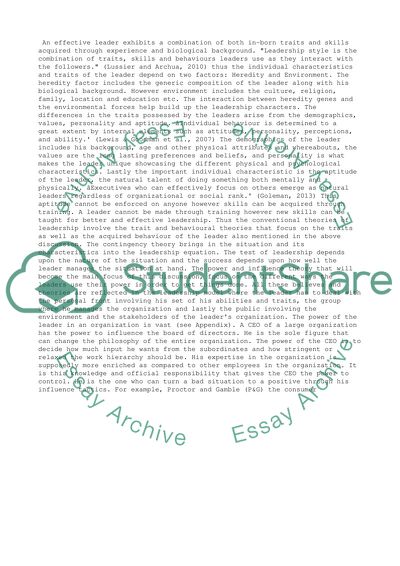Cite this document
(“MGT Leadership and Ethics Unit 2 IP Research Paper”, n.d.)
MGT Leadership and Ethics Unit 2 IP Research Paper. Retrieved from https://studentshare.org/management/1495269-mgt-leadership-and-ethics-unit
MGT Leadership and Ethics Unit 2 IP Research Paper. Retrieved from https://studentshare.org/management/1495269-mgt-leadership-and-ethics-unit
(MGT Leadership and Ethics Unit 2 IP Research Paper)
MGT Leadership and Ethics Unit 2 IP Research Paper. https://studentshare.org/management/1495269-mgt-leadership-and-ethics-unit.
MGT Leadership and Ethics Unit 2 IP Research Paper. https://studentshare.org/management/1495269-mgt-leadership-and-ethics-unit.
“MGT Leadership and Ethics Unit 2 IP Research Paper”, n.d. https://studentshare.org/management/1495269-mgt-leadership-and-ethics-unit.


